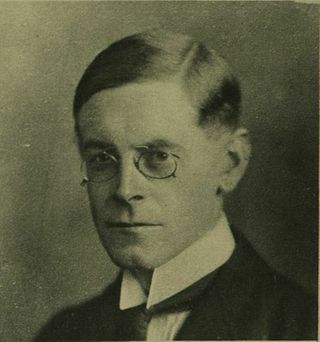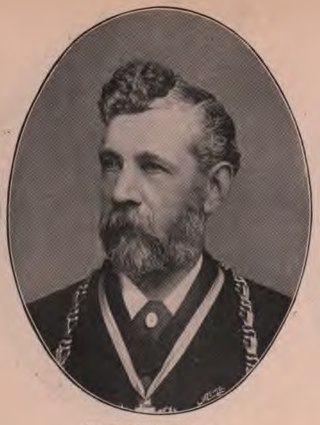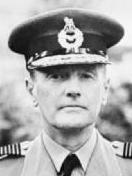Related Research Articles
There have been various groups in Canada that have nominated candidates under the label Labour Party or Independent Labour Party, or other variations from the 1870s until the 1960s. These were usually local or provincial groups using the Labour Party or Independent Labour Party name, backed by local labour councils made up of many union locals in a particular city, or individual trade unions. There was an attempt to create a national Canadian Labour Party in the late 1910s and in the 1920s, but these were only partly successful.
Parliamentary by-elections in the United Kingdom occur when a Member of Parliament (MP) vacates a House of Commons seat during the course of a parliament.
The 1943 Bristol Central by-election was a by-election held on 18 February 1943 for the British House of Commons constituency of Bristol Central in the city of Bristol. The seat had become vacant when the constituency's Conservative Member of Parliament (MP) Lord Apsley had been killed on 17 December 1942, whilst on active service in World War II. He had been serving under the Arab Legion in Malta.

The 1943 Chippenham by-election was a parliamentary by-election held in England on 24 August 1943 for the British House of Commons constituency of Chippenham in Wiltshire.
The 1945 Newport by-election was a parliamentary by-election held on 17 May 1945 for the British House of Commons constituency of Newport in Monmouthshire. It was the last by-election of the 1935–1945 Parliament.

Philip Milner Oliver CBE was a radical British Liberal Party politician in the United Kingdom who served for two short terms as Member of Parliament (MP) for Manchester Blackley.
The 1942 Cardiff East by-election was a parliamentary by-election held for the British House of Commons constituency of Cardiff East on 13 April 1942.

The 1945 Chelmsford by-election was a parliamentary by-election for the British House of Commons constituency of Chelmsford, Essex on 26 April 1945.
The 1928 Lancaster by-election was a parliamentary by-election held in England for the House of Commons constituency of Lancaster on 9 February 1928.
The 1918 Wansbeck by-election was a parliamentary by-election held for the House of Commons constituency of Wansbeck in Northumberland on 28 May 1918.

A by-election was held for the British House of Commons constituency of Sheffield Attercliffe on 5 July 1894. It was the first parliamentary election contested by the Independent Labour Party.
The 1939 Holderness by-election was a parliamentary by-election held on 15 February 1939 for the British House of Commons constituency of Holderness in the East Riding of Yorkshire.

The 1942 Grantham by-election was a parliamentary by-election for the British House of Commons constituency of Grantham on 25 March 1942.
The 1942 Rugby by-election was a parliamentary by-election for the British House of Commons constituency of Rugby on 29 April 1942.
The 1943 Eddisbury by-election was a parliamentary by-election for the British House of Commons constituency of Eddisbury on 7 April 1943.

The 1944 Bury St Edmunds by-election was a parliamentary by-election for the British House of Commons constituency of Bury St Edmunds, Suffolk on 29 February 1944.
The 1943 Daventry by-election was a parliamentary by-election for the British House of Commons constituency of Daventry, Northamptonshire on 20 April 1943.
The 1944 Skipton by-election was a parliamentary by-election for the British House of Commons constituency of Skipton, Yorkshire held on 7 January 1944.
The Harborough by-election was a Parliamentary by-election held on 23 March 1916. Harborough returned one Member of Parliament (MP) to the House of Commons of the United Kingdom, elected by the first past the post voting system. The by-election was due to the resignation of the Liberal MP, John William Logan. It was won by the Liberal candidate Percy Harris.
The Popular Front in the United Kingdom attempted an alliance between political parties and individuals of the left and centre-left in the late 1930s to come together to challenge the appeasement policies of the National Government led by Neville Chamberlain.